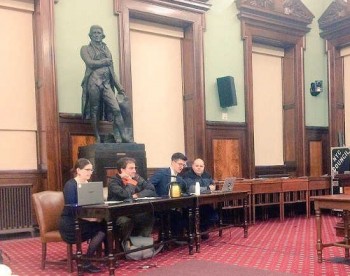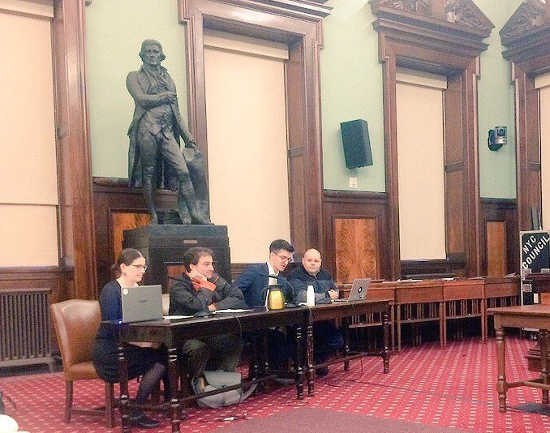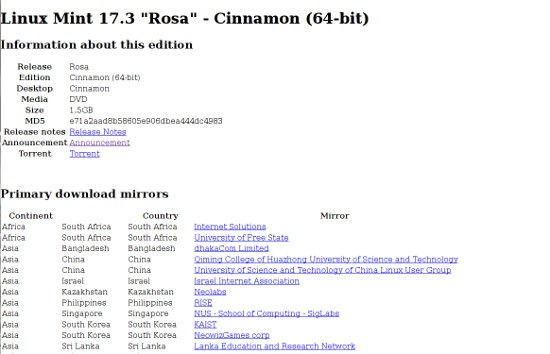On Tuesday, representatives of four FOSS friendly agencies testified before a New York City committee considering bills that would mandate the use of FOSS by city government.
“Free and open source software has many advantages over proprietary software,” Karen Sandler, the executive director of the Software Freedom Conservancy, testified Tuesday before the New York City Council Committee on Contracts. “Studies show that, over time, free software is safer from vulnerabilities. Free software is auditable — security and functionality can be verified upon inspection. Anyone can independently assess the software and its risks. Developers can more easily and quickly repair discovered vulnerabilities or bugs (and bugs are very common in all software – the Software Engineering Institute estimates that an experienced software engineer produces approximately one defect for every 100 lines of code). Free software removes dependence on a single party, as anyone can make changes to their version of the software. And municipalities can hire any contractor on the open market to work on the software.”













